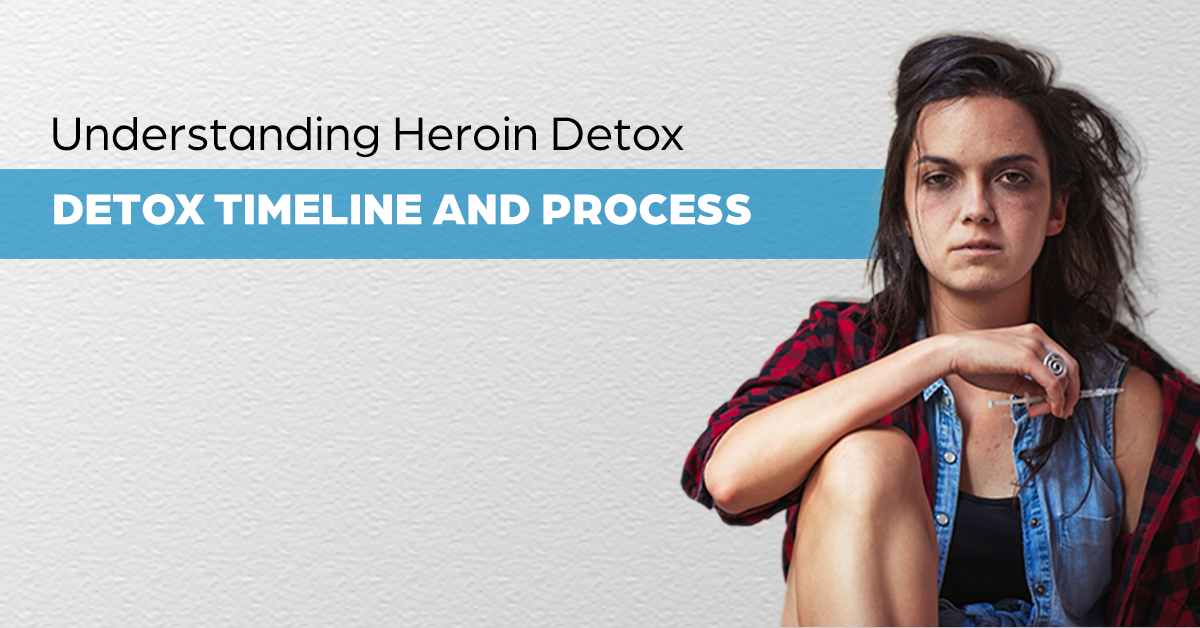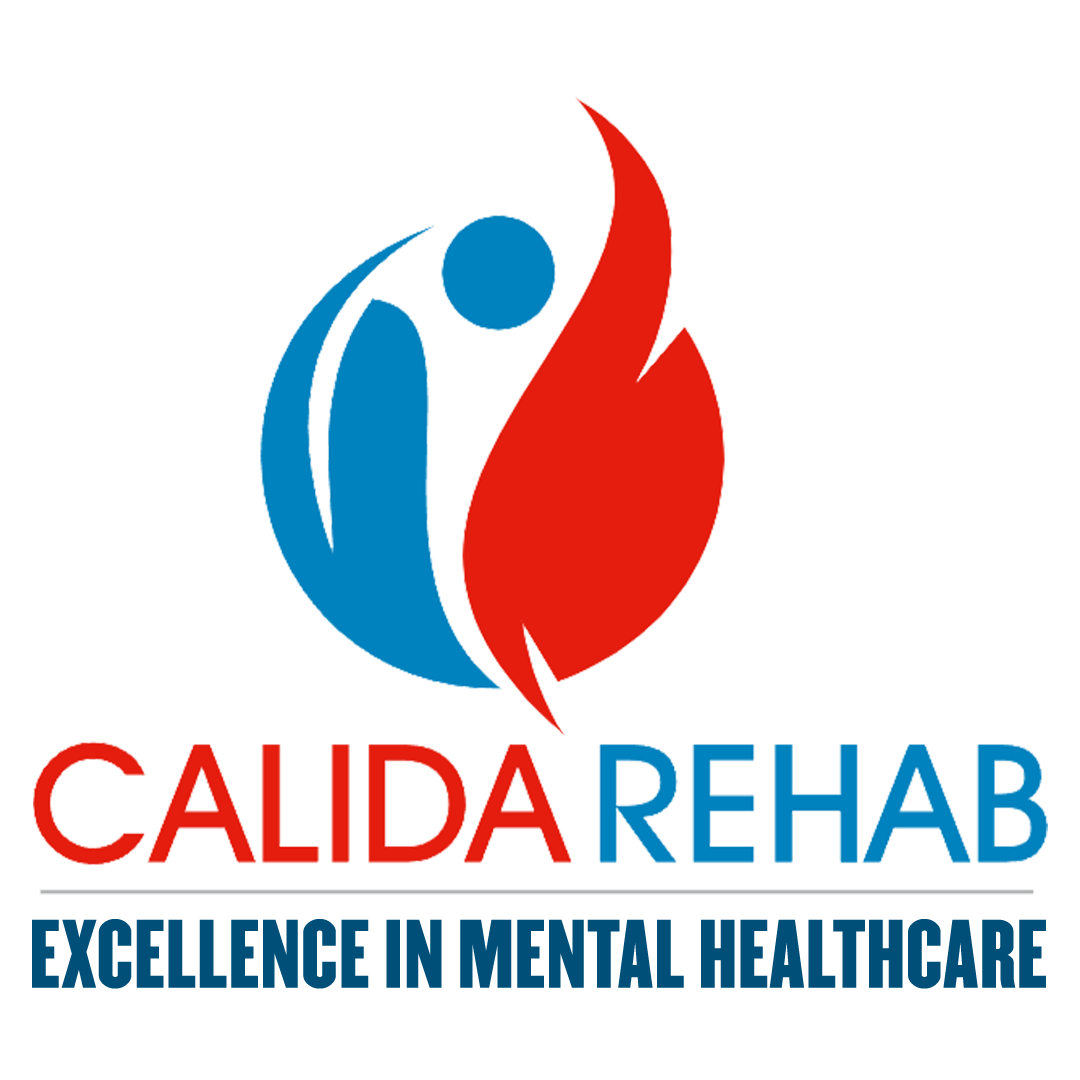
Understanding Heroin Detox | Detox Timeline and Process
Heroin addiction is a serious, life-altering condition that affects millions of people worldwide. It can lead to physical, emotional, and social devastation, making detoxification and rehabilitation crucial steps in the journey to recovery. If you or someone you know is struggling with heroin addiction, seeking professional help is essential.
In this blog, we’ll explore the heroin detox timeline, what to expect during the heroin detox recovery process, and how choosing the right heroin detox centre can make all the difference in achieving long-term sobriety.
What is heroin?
Heroine is a drug that is derived from morphine, which comes from the plant opium poppy. Opium poppy usually grows in Mexico, Asia, and South America. Sold as a white or brown powder or a black tar substance, heroin is highly addictive. It binds to the opioid receptors in the brain, causing intense feelings of euphoria, relaxation, and joy. It slows down our perception of reality, and people feel that the world has slowed down.
How is heroin used?
It is either smoked or snorted. Smoking heroin includes breathing the fumes of heated heroin through a tube. It can also be used by injecting it into the veins.
Heroin addiction:
Heroin addiction begins with using it for recreational purposes. After that, the tolerance level increases, and the need for higher doses sets in. It causes intense cravings and withdrawal symptoms when not using the drug. Thus, an individual gets addicted to the drug, which leads to a decline in their health and overall life.
What Is Heroin Detox?
Heroin detox is the process of removing heroin and its toxins from the body while managing the withdrawal symptoms that often accompany the stoppage of heroin use. When someone who is dependent on heroin stops using it, their body must adjust to the absence of the drug, which can cause both physical and psychological distress. Detoxification is a critical first step in heroin addiction recovery, as it prepares the body for further rehabilitation and therapy.
Heroin addiction recovery process:
Heroin addiction often requires medical intervention and professional help. The medical team can tailor a plan specifically for an individual, as different individuals have different needs. The treatment usually includes medication and cognitive behavioral therapy. Medical-assisted treatment (MAT) makes it easier for the individual to break free from the clutches of heroin dependence.
Medication helps by reducing cravings and weaning the body off heroin. For example, some medications work just like heroin without creating the intense high associated with heroin. These are safer and longer-lasting than heroin. These should only be taken if suggested by the doctor.
Cognitive behavioral therapy, on the other hand, helps you focus on the things you think and do when it comes to drug use. It helps by understanding these thoughts and gives better ways to cope with those thoughts.
Withdrawal symptoms:
The individual who uses a lot of heroin builds up a tolerance for it. This leads to the need to use a greater quantity to get the same high as before. The body gets used to this and starts depending on heroin. Then, on stopping the usage, the body undergoes several physical and emotional symptoms, which are as follows:
Physical symptoms:
(A) Nausea and vomiting
(B) Muscle aches and pains
(C) Sweating and chills
(D) Diarrhea
(E) Jitters
(F) Sleeplessness
(G) Restlessness
Psychological symptoms:
(A) Anxiety
(B) Depression
(C) Irritability
(D) Cravings
How Long Does It Take To Detox From Heroin?
Heroin detox timeline may differ from individual to individual based on factors such as:
- Duration of use
- Amount consumed
- Individuals overall health and others
The general outline of the detox timeline can be as follow:
1. INITIAL PHASE (24-48 hours):
Withdrawal symptoms start within 6–12 hours after the last dose. The individual might face anxiety, insomnia, muscle aches, and cravings.
The symptoms escalate by the 2nd day, with the individual experiencing nausea, vomiting, diarrhea, and sweating.
2. ACUTE PHASE (days 3-5):
Symptoms are at their worst around day 3, including severe abdominal cramps, restlessness, and psychological distress.
Flu-like symptoms including chills, goosebumps, and fatigue are common.
3. POST-ACUTE PHASE (Days 6-14):
Physical symptoms start to decline, but psychological symptoms still exist.
Irritability and mood swings are commonly experienced by the individual.
4. LONG TERM RECOVERY (weeks to months):
Some individuals face psychological issues for a longer duration, which could go on for some weeks to even months.
Support groups and therapy are necessary to address cravings and to learn to cope with triggers.
After Detox: What’s Next?
Once the heroin detox phase is over, the next step is addiction recovery. Detox alone is not a cure for addiction—it is only the first step. After the detoxification process, individuals must continue with rehabilitation programs to address the root causes of their addiction and work on their physical and mental well-being.
After the detox, the rehabilitation journey continues with therapy and counseling, teaching coping strategies. Alongwith Medications, building a network of people who understand the struggles of addiction can provide encouragement and accountability.
Relapse Prevention is important aspect of long-term recovery, which requires commitment, but with the right tools and help, it is definitely achievable.
The Importance of Professional Support:
Detoxing from heroin is not an easy task and requires medical support. At Calida Rehab, a leading rehab centre in Mumbai, we highlight the importance of seeking professional help because of the following reasons:
(A) Medical Supervision:
Professionals can administer medications as and when required, easing the process of detox. This medical support makes Calida Rehab one of the best rehabilitation centre in Mumbai, Pune, and Karjat.
(B) Safety:
Withdrawal from heroin is dangerous. Individuals may suffer from dehydration, seizures, and even death. Detox that is medically supervised at a reputable heroin detox centre guarantees close monitoring of individuals and leaves room for prompt intervention, if needed.
(C) Supportive environment:
We, at Calida Rehab centre in Mumbai and Pune, offer a structured environment where individuals can receive round-the-clock care and attention.
(D) Comprehensive care:
We also offer post-detox rehabilitation programs to help individuals transition smoothly into recovery.
Choosing the best rehabilitation centre in Mumbai or a reputable heroin detox centre is essential for a successful recovery journey. The professionals at our both Calida Rehab centres in Mumbai and Pune, understand the complexities of heroin addiction and can provide the medical, emotional, and psychological support needed to achieve long-term sobriety.
Fighting addiction is not a journey you have to take alone.With the right professional support from a trusted heroin detox centre, recovery is possible. At Calida Rehab, we provide a range of rehabilitation services to help individuals get back into their routine lives, free from any addictions. For more information, call or visit us at Calida Rehab and take the first step towards a drug-free, brighter future. Recovery is possible, and the first step is always asking for help.
